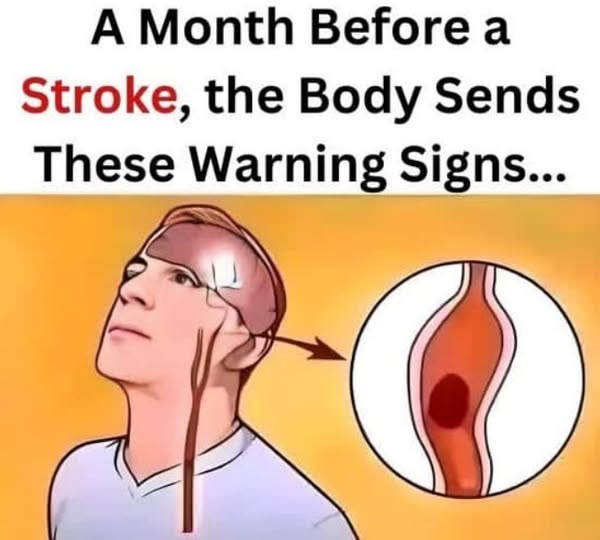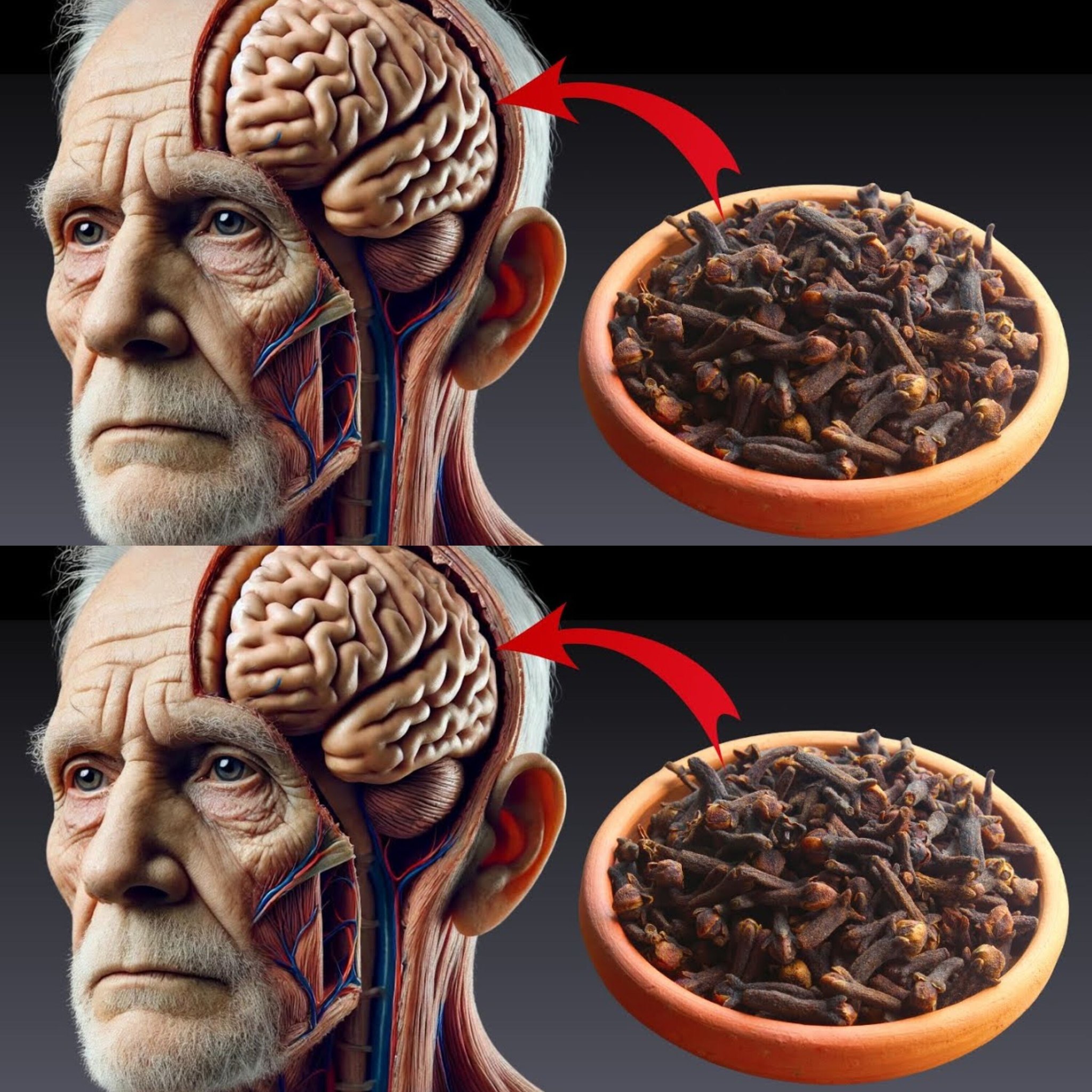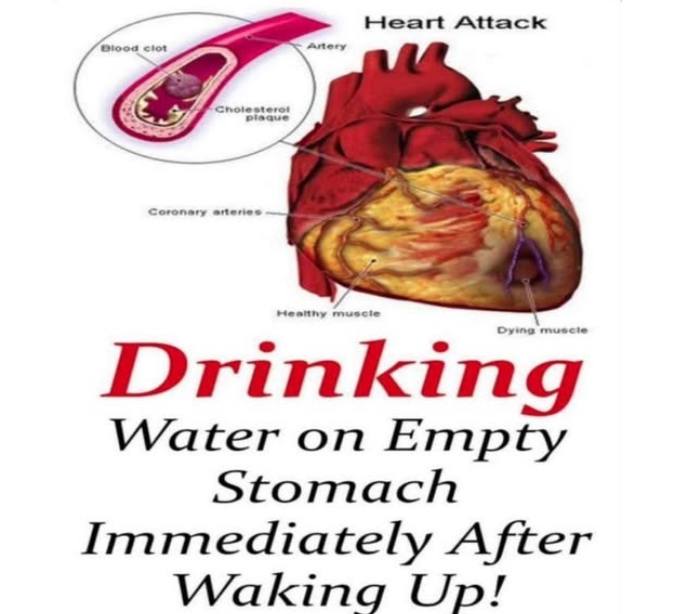
Recognize These Early Signs of a Stroke: A Life-Saving Guide
Strokes can strike suddenly, but many cases are preceded by warning signs that can appear days or even weeks before the event. Recognizing these early signs of a stroke and acting promptly can save lives and prevent severe complications. Below, we outline critical symptoms and the steps to take if you or someone you know experiences them.
Understanding the Importance of Early Detection
Strokes occur when blood flow to the brain is disrupted, causing brain cells to die. Acting quickly when you recognize these early signs of a stroke can significantly improve outcomes. Here are the most common warning signs to watch for:
Sudden Severe Headache
- What to Look For
A sudden, intense headache that feels unlike any other could indicate a stroke. This symptom, often described as “the worst headache of my life,” is especially concerning if it occurs without any clear cause. - Why It Happens
This headache may result from a ruptured blood vessel or other issues affecting blood flow to the brain.
Read more: Tingling or numb sensations in your hands
Vision Changes
- Symptoms of Vision Disturbance
- Blurred or double vision.
- Partial or complete loss of sight in one or both eyes.
- The appearance of dark spots or blind areas in your field of vision.
- The Connection to Stroke
Vision changes occur when reduced blood flow affects the brain’s visual processing areas.
Dizziness and Balance Issues
- Warning Signs of Poor Coordination
- Difficulty walking or standing.
- Nausea or a spinning sensation.
- Feeling faint or light-headed.
- Why It Matters
These symptoms may indicate that blood flow to the brain’s balance centers has been compromised.
Weakness or Numbness
- One-Sided Weakness
Sudden weakness or numbness, particularly on one side of the body, is a hallmark sign of a stroke. - Areas to Monitor
- Arms or legs: Difficulty lifting or moving.
- Face: Drooping on one side, noticeable when smiling.
- Understanding the Cause
This symptom occurs when blood flow to the motor control areas of the brain is disrupted.
Speech Problems
- Recognizing Speech Impairments
- Slurred or garbled speech.
- Trouble understanding others.
- Difficulty recalling or using words.
- Link to Stroke
Strokes affecting the brain’s language centers can cause these communication difficulties.
Short-Term Memory Loss
- Cognitive Changes to Watch For
- Forgetting recent events or familiar names.
- Disorientation or confusion about time or place.
- Why It Happens
Memory issues arise when strokes affect the brain’s areas responsible for processing and storing information.
Unexplained Fatigue
- Signs of Extreme Tiredness
- Persistent lethargy without a clear reason.
- Pale skin or a sluggish demeanor.
- Stroke Connection
Fatigue may indicate that the brain isn’t receiving enough oxygen, impacting overall energy levels.
H2: What to Do If You Recognize These Early Signs of a Stroke
Time is critical during a stroke. If you notice any of these symptoms, take immediate action:
- Call Emergency Services
Dial emergency services immediately. Inform them of the symptoms and when they started. - Position the Person Safely
Lay the individual on their side with their head slightly elevated to maintain a clear airway. - Avoid Food or Drink
Do not offer food or drink to prevent choking. - Provide Reassurance
Keep the person calm and limit their movements. - Note Symptoms
Record the time the symptoms began and any changes, as this information is vital for medical professionals.
Prevention and Awareness
Recognizing these early signs of a stroke is essential, but prevention is equally important. Maintain a healthy lifestyle by:
- Managing blood pressure and cholesterol.
- Staying physically active.
- Avoiding smoking and excessive alcohol consumption.
- Monitoring blood sugar levels, especially if you have diabetes.
Read more: Experience the Power of Clove Tea: Uncover the Incredible Benefits of Boiling Cloves
Final Thoughts
Recognizing these early signs of a stroke can make the difference between life and death. By staying informed and acting quickly, you can protect yourself and your loved ones from the devastating effects of a stroke.
Stay vigilant, and remember: every second counts!










